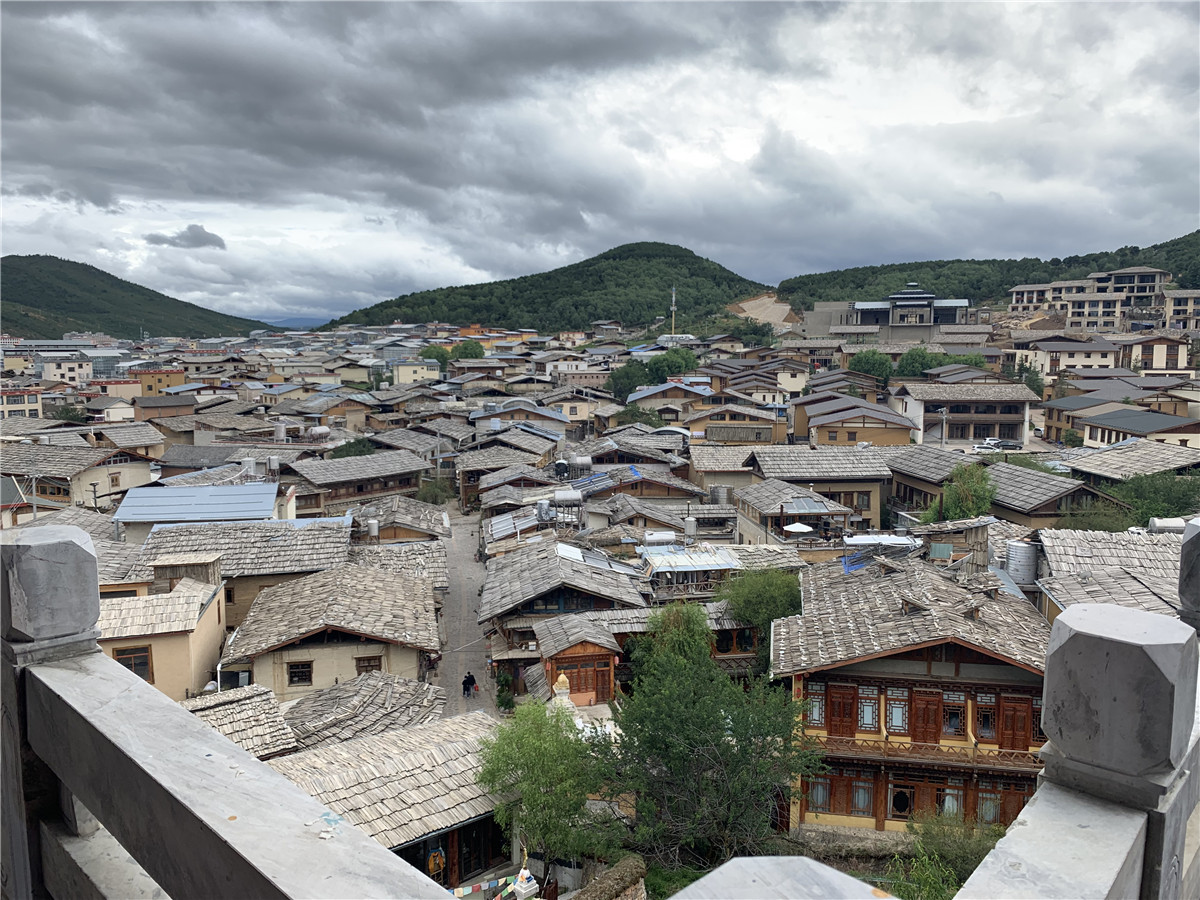Paradise found


An early mover
Dakpa Kelden started guiding foreigners around Shangri-La's Tibetan villages and natural landscapes in the 1990s, long before it became a tourism hot spot.
His foreign clients later helped him get to Salzburg, Austria, to study hotel and tourism management, and then to the US to take classes on small-business management.
These experiences not only helped him learn more about other cultures but also his own.
"When I was learning about foreign cultures abroad, I realized how precious my own culture is and became even more interested in knowing more about it," he says.
He left the US before finishing his studies, but he retained connections with stateside travel agencies.
After he returned to Yunnan in 2001, he began to arrange trips for foreigners to Shangri-La and the nearby Meili Snow Mountains, Lijiang and the Hutiao Gorge in the Yangtze River's upper reaches.
He once guided a group of seven for a weeklong trip and earned 100,000 yuan ($14,100)-a small fortune back then.
Dakpa Kelden has honed his formula over the past two decades. He brings travelers to villagers' homes, enables them to sample local food, and takes them hiking and camping.
His guests, in turn, have taught him lessons, such as the importance of environmental protection. Some Japanese visitors, he says, carry all their garbage with them as they travel.
In addition to his boutique hotels in Shangri-La and Lijiang, Dakpa Kelden has also turned his old residence, a three-story Tibetan-style house surrounded by grassland, into a hostel in partnership with travel writer Zhang Jinpeng.
"I saw the yaks and snowy mountains in the distance from the balcony of the third floor and decided to start the hostel with him," Zhang recalls. "It reminds me of A Lai's novel, Settling Dust."

































